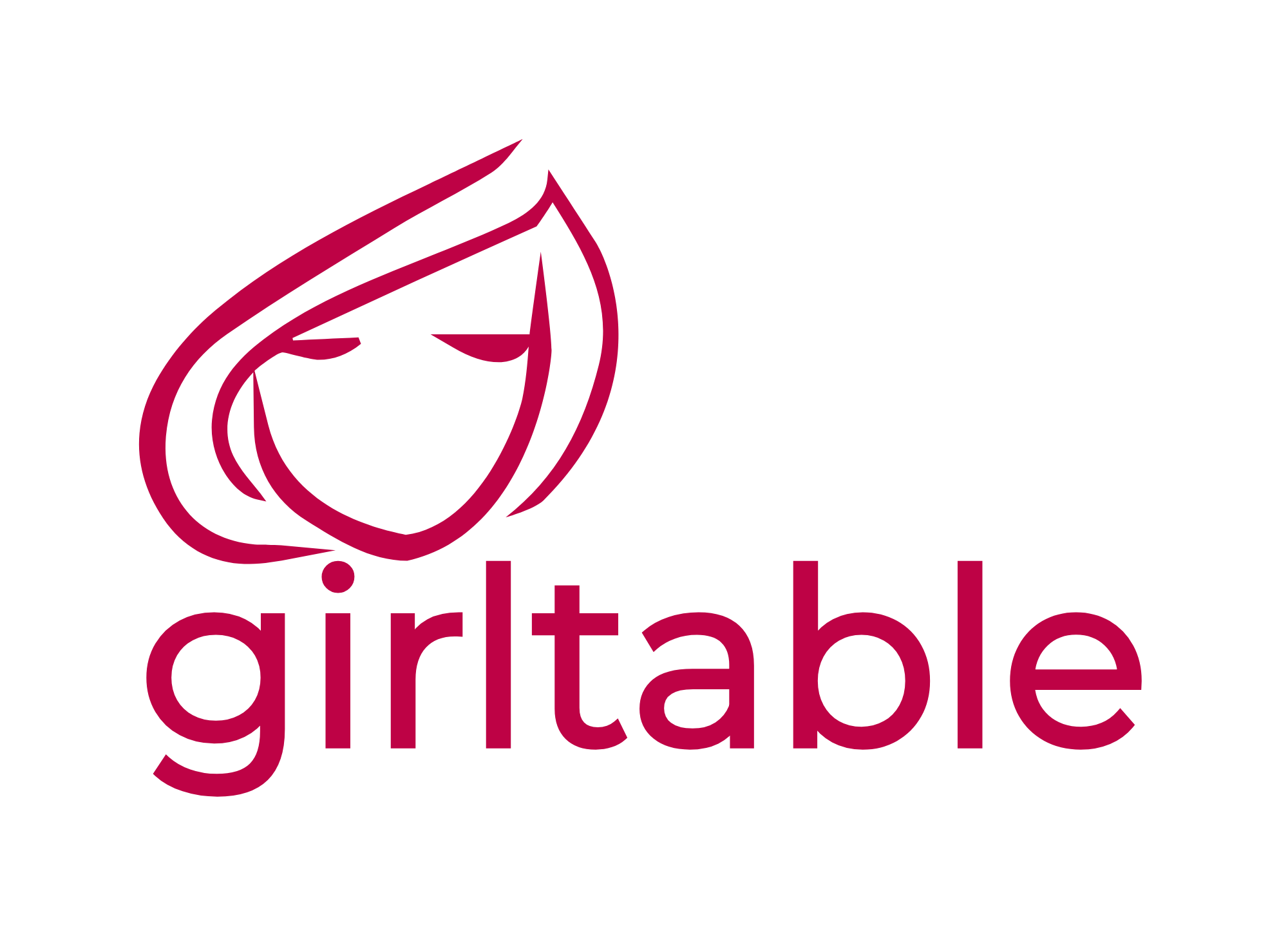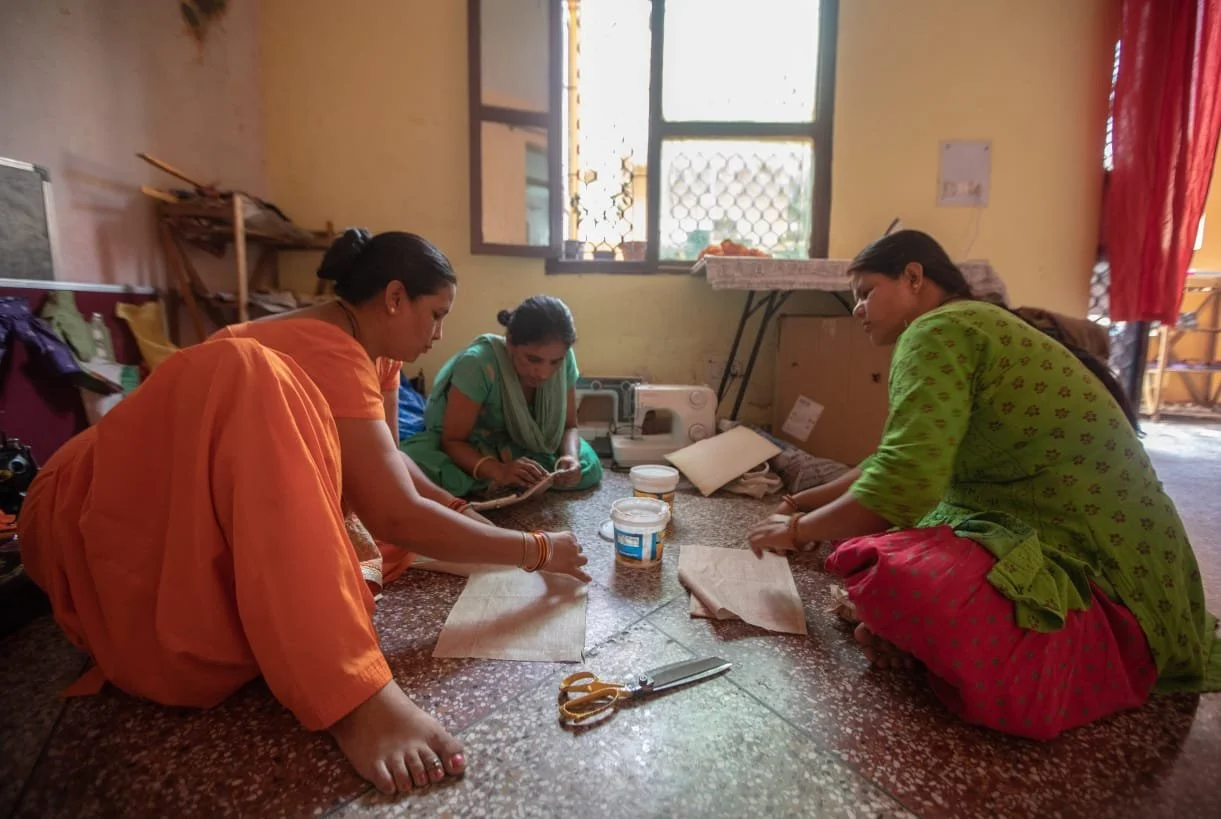Pooja Chopra
You can connect with Pooja on LinkedIn or Instagram and find out more about her work via khwaab.shop.
"To be a girl or woman today is..." an opportunity to build a more equitable future.
Tell us about yourself. What's your background? How did you become involved in your cause? What inspired you to begin #LivingForChange?
My journey started when I was 10 years old and witnessed one of the worst earthquakes in India. I tagged along with my mother who was a doctor as she went from village to village holding medical camps. I saw the poorest in the worst of conditions. It made me think of ways life could be made better for the poor and marginalised.
As I grew, my 5th grade class teacher exposed me to more social issues. This made constantly think of ways I could help people to make their lives better. In college, I started teaching children from a nearby slum. I realized I was passionate about teaching. I saw the impact an hour of teaching every day was making to their lives.
Post college, I joined the Teach for India fellowship where I taught 30 third grade girls in a municipal school. The two years of teaching were the best years of my life. It made me learn so much about the stark realities of our society. I got sensitized to the stigma that existed against women. While the boys were sent to a private school, the girl was sent to a government school.
Every day, I used to walk the girls back home after school. Every day, I met a person inside the house - the mother. I asked every mother one question - what dreams do you have for your girl child? Every mother had very blurry visions. They felt they could never fulfill their dreams growing up and had no voice, choice or power to dream for their girls. She felt financially dependent on the husband and saw her role limited to household chores. The society had made her believe that it is wrong for her to step out for herself to become independent. This triggered me to begin my journey with Khwaab.
Tell us all about your organization.
My social enterprise - Khwaab, is a for profit community women-led business that curates products that are ethnic, ethical and exclusive. Our products leverage the skill of women across the value chain. We source fabrics directly from artisan clusters in the depths of India with heavy concentration of women artisans. This way we make sure middlemen don't exploit. The fabrics are handwoven or handprinted by these artisans.
Our women in the community of Mandawali then use their skill of stitching to convert these into lifestyle products across stationery, home decor, knitwear, essentials and accessories. For each product, the women decide the wages post which the pricing is done to make the product a 100% ethically made product. Our packaging is made using leftover fabrics which is also reusable. These products are then sold through our website (khwaab.shop).
We also offer our customers bespoke services where we customize products to suit their requirements - be it curating sanitary pads for a B2B client or hand embroidering names for a B2C client. We provide our customers with a truly ethnic, ethical, and exclusive shopping experience. At the end of the cycle , our women generate livelihoods that are then directed towards the welfare of their child, family, and community.
What have you been doing to spread the word and/or to help your cause so far?
In order to work towards my cause, I have set up my social enterprise by the brand name of 'Khwaab' ~ which means dreams. We have been able to generate livelihoods for 30 women so far. I have leveraged my network to encourage people to buy locally, handmade, women made products. We have been able to sell more than 35000 units made by Khwaab women. During COVID, we released relief packages to make sure the women are not forced into migration. We came up with a Donate A Mask campaign under which we made more than 10,000 masks for the people on streets and front line workers. I have spread the story of our cause via Instagram, Facebook, LinkedIn, and in newsletters as well.
How and when will you judge success? What’s your end point?
My end point is generating 500 sustainable livelihoods in the low income community of Mandawali, India. By sustainable, I mean consistent, ethical, and enriching. I want Khwaab to become a blueprint model which will inspire leaders and women in other communities to start women led local businesses to solve contextual problems. I see Khwaab being run by the community women end-to-end.
Complete this sentence: "I am #LivingForChange because..." it empowers me to empower others.
Thoughts & opinions expressed herein remain the property of the interviewed persons and do not represent endorsement by GirlTable, its owners, directors, partners, subsidiaries and/or affiliates.


